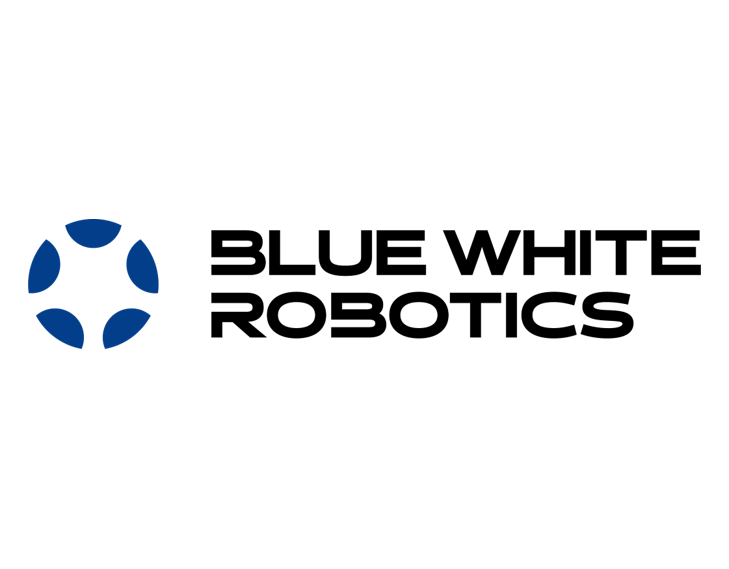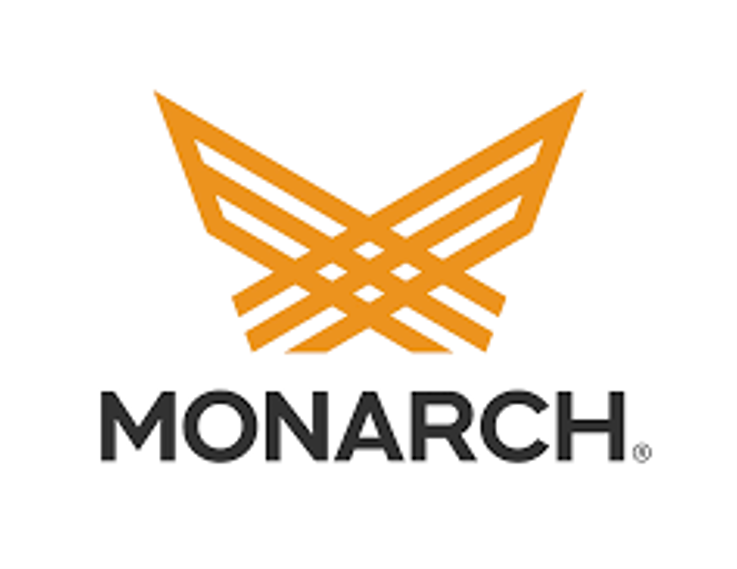123Fab #67
1 topic, 2 key figures, 3 startups to draw inspiration from

Within weeks, in January 2021, the 215 million euros allocated to the conversion of agricultural equipment in France were distributed by the government as part of the 2020-2022 stimulus plan. This measure, implemented in early 2021 following the COVID19 crisis, consisted of investment assistance for the replacement of old and inefficient equipment and the acquisition of environmentally efficient equipment. Indeed, agriculture is one of the world’s biggest greenhouse gas contributors. The sector is projected to account for about 20% of total global emissions in the next 20 years (Reuters). According to a McKinsey report, of the 25 measures identified to reduce emissions, replacing tractors and combine harvesters that use fossil fuels with lower-emission vehicles would have the biggest impact, although no vehicles are commercially available now on the market. From a more global perspective, electrification is truly underway. Fully electric cars now account for 7.5% of new sales in Europe, and truck manufacturers are also moving towards sustainable mobility.
Despite the lag in the electrification of agricultural machinery, particularly the heavier ones, the seeds are sown for the electrification of farming vehicles and multiple companies already have been working on electric-powered prototypes. According to IDTechEx, the market for electric vehicles in the construction, agriculture and mining sectors could reach $149 billion in 2030. John Deere, an industry leader, has proposed a conceptual model of electric tractors that could allow autonomous operation, increasing efficiency and accuracy. Cable power could even eliminate the need for onboard batteries, so an electric version would not weigh more than its fossil-fueled counterpart. Japanese company Kubota also presented models that allow for autonomous operation and can adjust to the height in the field. The company’s concept tractor was also equipped with an onboard solar battery. California-based Solectrac already offers small tractors and agricultural utility vehicles in the 30 and 40 horsepower range. Other relatively small tractor options are offered by Fendt, Rigitrac, Escorts and others. At the same time, almost all aerial drones are electric. Research is focusing on small electric ground-based autonomous vehicles, such as robots that sense the plant environment. They could be particularly helpful for family farms in developing regions that still use non-mechanized methods for agriculture.
Some startups are also tackling this market and fundraising is on the rise. Silicon Valley-based company Monarch Tractor, which creates electric robotic tractors to make farming safer and more sustainable, raised $20 million in March as it prepares to start deliveries. The startup calls its tractor “driver optional” as it can perform programmed tasks without a driver. It is designed with roll and collision prevention and can collect and analyze data. Startup Blue White Robotics, which notably retrofits traditional tractors into fully autonomous vehicles by adding sensors and AI models, has raised $37 million in Series B funding a month ago. In the last 2 years, $1.5 billion has been funded in AI for the agriculture sector according to Tracxn. At the beginning of October, startup Sabi Agri, which develops electric agricultural equipment for agro-ecology, was named a winning company in the EIC (European Innovation Council) Accelerator program. It creates lightweight autonomous tractors that avoid degradation and compaction of cultivated soil and reduce emissions. Autonomous robots and tractors are booming, and the challenges of electrification are being met little by little by large groups as well as startups.
But there is a big step to take from prototypes and limited applications to widespread adoption. Electric engines face major logistical challenges, particularly with regard to charging, replacing diesel-burning machines in the field. Indeed, the use of agricultural machines is not very regular but requires great autonomy, they are often used a few weeks per year (16 days in average) but with durations that can go up to 15 hours per day. Planting time is limited, and the efficiency of the machines is therefore essential. Machine weight is also crucial to avoid soil compaction and Wi-Fi connectivity is an additional challenge for all onboard AI mechanisms. Beyond the technical constraints, an agricultural machine is expensive, machinery capital amounts to approximately 11% of farm income on average, and the frequency of fleet renewal does not allow for a generalized adoption as quickly as for utility vehicles. That is why niche areas for smaller electric machines and robotic equipment could probably expand more quickly because they have fewer constraints.
Agriculture today faces many mobility challenges. A balance must be struck to serve the goal of increasing yields and productivity while reducing emissions and managing land more sustainably. Beyond the modernization of machines, the development of AI, especially embedded, can contribute to this objective by providing more real-time data analysis, facilitating farmers’ decision-making and thus improving machine action.
2 Key Figures
The global agricultural machinery market is anticipated to reach $194.94 billion by 2026, registering a CAGR of 5.4% between 2020 and 2026
The market was valued at $138.59 billion in 2020 – Mordor Intelligence
+300 funded companies in AI for Agriculture
Tracxn – 2021
3 startups to draw inspiration from
This week, we identified three startups that we can draw inspiration from: Blue White Robotics, Sabi Agri and Monarch Tractor.

Blue White Robotics
The startup has developed a robot-as-a-service platform intended to deliver remote control capabilities for land and air autonomous robots. The platform transforms existing fleets, manages both air and ground robots, and collects data seamlessly, thereby enabling businesses to improve efficiency and provide actionable insights.

Sabi Agri
The startup has developed electric agricultural equipment for agro-ecology. The light autonomous tractors will be able to replace all thermal tractors, regardless of their power in multiple agricultural projects (viticulture, field crops, breeding…). They enable farmers to incorporate cost-effective agro-ecological farming practices.

Monarch
The startup has developed electric tractors intended to make the transition to productive and sustainable farming practices. The company’s tractors run on artificial intelligence and are equipped with sensors and 360° cameras to implement, identify and eliminate plant ailments and estimate yields, enabling farmers to enhance the existing growing operations.
Interested in a startup landscape or in an insights report?
Please fill out our contact form so that we can get back to you very quickly with our product offer.
Want to subscribe to our 123Fab?
Fill out our form to receive the latest insights into your inbox.
